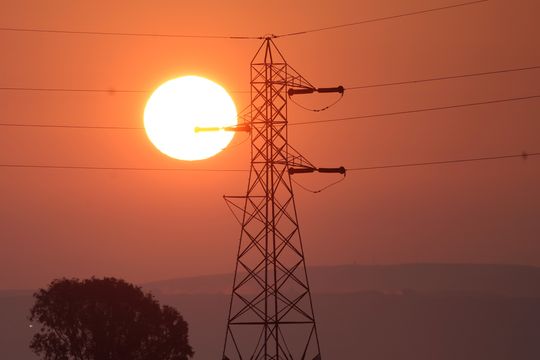The utilities sector tumbled into a bear market Wednesday, extending a historically steep selloff for stocks traditionally seen as a defensive haven.
The S&P 500 utilities sector traded at a record on Sept. 12. It finished Wednesday down 20.88% below that record, according to Dow Jones Market Data, meeting a widely used definition of a bear market as a pullback of 20% from a recent high. The Utilities Select Sector SPDR exchange-traded fund XLU, -3.33% was down 21.2% over the same stretch, according to FactSet.
Analysts at Bespoke Investment Group noted that such steep declines for the sector are quite rare, with one-month “crashes” of 20% or more occurring only in March 2020, October 2008, late 2002, and the 1930s.
The pain for utilities come as Treasury yields have continued to push higher. Rising interest rates are often described as a headwind for utilities, making bonds more attractive to yield-seeking investors. Analysts, however, have called the inverse relationship between yields and utilities into question. And utilities had previously outperformed solidly this year as yields rose.
For the year to date, utilities are down more than 14% versus a fall of nearly 25% for the S&P 500 SPX, -0.33%, which dropped for a sixth straight session on Wednesday while the Dow Jones Industrial Average DJIA, -0.10% fell 0.1%.
The fall for utilities comes as stocks across the S&P 500 move more in lockstep. The Wall Street Journal on Wednesday, citing data from Susquehanna International Group, noted that a measure of correlation among stocks in the index over the previous 30-day period hit 65.3% on Sept. 13 — a correlation of 100% would mean stocks were moving completely in unison while a correlation of 0% would mean there was no relation between individual stock movements — and has remained above 60% since then. Those were levels last seen in March 2020 when stocks tumbled sharply at the onset of the COVID-19 pandemic, the report said.

